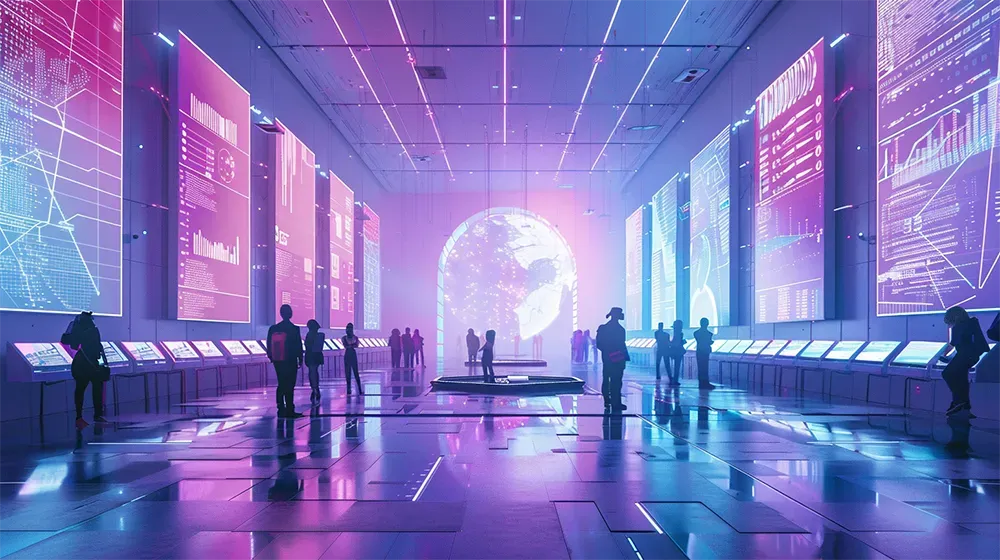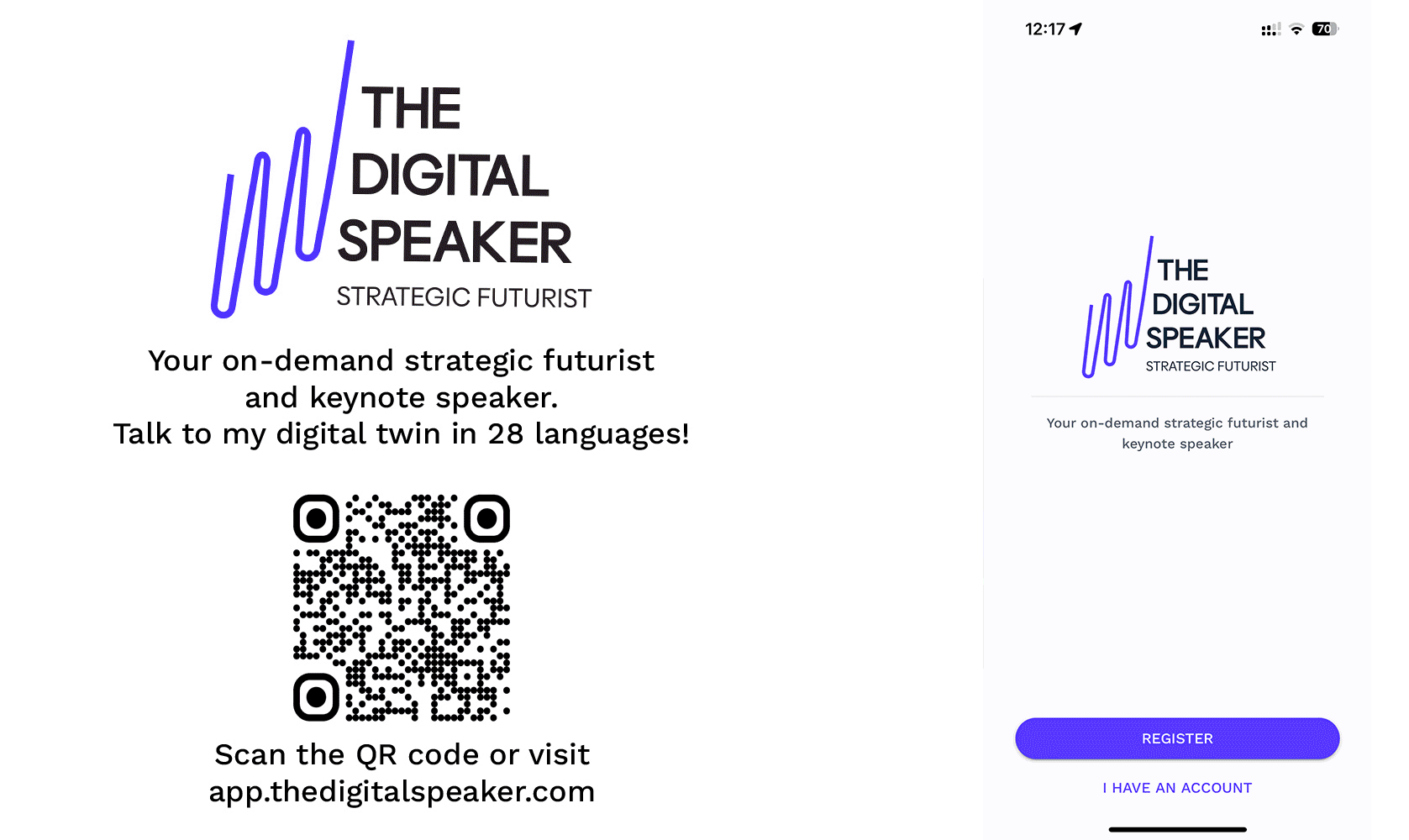Beyond Hype: AI's Real Impact on Workplace Dynamics

Is AI the new boss on the block? The 2024 Work Trend Index suggests leaders are playing catch-up as employees take the reins with AI.
The 2024 Work Trend Index by Microsoft and LinkedIn paints a vivid picture of a workforce rapidly transforming under the influence of AI. Now a fundamental element of daily operations for 75% of knowledge workers, generative AI has shifted from an innovative tool to an essential work partner. Microsoft's CEO, Satya Nadella, points out "that AI in democratising expertise has crystallised, offering substantial benefits in decision-making and collaboration across the board."
Despite this enthusiastic adoption by employees, organisational strategies struggle to keep pace. A staggering 78% of employees now bring their own AI tools to the workplace, underscoring a significant disconnect between worker initiative and corporate planning. Leadership anxiety is palpable, with 59% of leaders unsure about their ability to measure AI and 60% lacking a clear vision for AI implementation.
The labour market dynamics are equally telling. While fears of AI replacing jobs persist, the reality is more nuanced. The survey highlights a hidden talent shortage, with a notable shift in job seekers prioritising AI skills. Over the past year, LinkedIn has seen a 142x increase in members listing AI skills, signalling a robust move towards AI proficiency as a critical employability factor. Moreover, 55% of leaders express concern over filling roles, particularly in fields like cybersecurity, engineering, and creative design, which are feeling the talent crunch most acutely.
As organisations navigate this new landscape, the role of AI power users becomes increasingly central. These individuals who integrate AI deeply into their work routines report significant gains: over 90% find AI makes their workload more manageable and their work more enjoyable. This shift is not just about individual productivity but points to a broader reorientation of business processes and workplace culture towards more strategic AI use.
This detailed exploration of AI within the workplace underscores a critical juncture for organisational strategy. With employees proactively integrating AI tools and enhancing their skills independently, companies must pivot to adopt AI technologies and integrate them strategically into their operational frameworks.
This will ensure that AI's benefits extend across the organisation, enhancing productivity and employee engagement. Organisations are pressed to balance the quicksilver pace of AI adoption with the need for structured corporate strategies to leverage this tech wave effectively.
Yet, the crux remains: can companies align their AI strategies swiftly enough to retain talent and foster innovation? As the workplace transforms with AI, the real challenge for businesses will be integrating this technology to complement human ingenuity and ethical standards, not just automating processes. How will your organisation adapt to ensure AI is an ally rather than an adversary in driving future growth?
Read the full article on Microsoft's blog.
----
💡 If you enjoyed this content, be sure to download my new app for a unique experience beyond your traditional newsletter.
This is one of many short posts I share daily on my app, and you can have real-time insights, recommendations and conversations with my digital twin via text, audio or video in 28 languages! Go to my PWA at app.thedigitalspeaker.com and sign up to take our connection to the next level! 🚀

If you are interested in hiring me as your futurist and innovation speaker, feel free to complete the below form.
Thanks for your inquiry
We have sent you a copy of your request and we will be in touch within 24 hours on business days.
If you do not receive an email from us by then, please check your spam mailbox and whitelist email addresses from @thedigitalspeaker.com.
In the meantime, feel free to learn more about The Digital Speaker here.
Or read The Digital Speaker's latest articles here.





